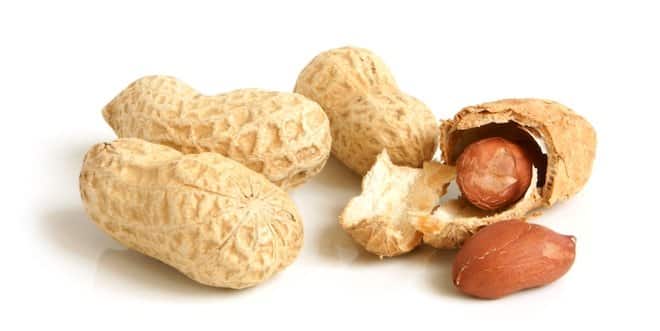Debunking Myths: Peanuts and Diabetes
The alarming rise in diabetes cases worldwide highlights the crucial role of diet in managing this chronic condition. Among various dietary discussions, the an ongoing debate regarding the suitability of Peanut and Diabetes.
Understanding Diabetes and Dietary Concerns
Defining Diabetes: Diabetes, a metabolic disorder, disrupts the body’s ability to regulate blood sugar levels adequately.
Type 1 diabetes involves the immune system attacking insulin-producing cells, while type 2 diabetes results from insulin resistance or inadequate insulin production.
Tip: Please fill out the form if you or a friend would like more information on CGMs.
Role of Diet in Diabetes Management: Dietary choices significantly influence blood sugar levels, impacting overall health. A balanced diet with appropriate carbohydrate, protein, and fat ratios is vital in managing diabetes. Consistency in meal timing and portion control is equally crucial.
The Peanut Debate
Controversy Unveiled: The debate surrounding peanuts revolves around whether they should be included in the dietary regimen of individuals with diabetes. This discussion requires a nuanced examination considering various aspects.
Nutritional Content of Peanuts: Peanuts are nutritional powerhouses, boasting a blend of proteins, healthy fats, fiber, vitamins (such as folate and vitamin E), and minerals (including magnesium and potassium). This nutrient composition contributes to their potential benefits for overall health.
Assessing Glycemic Index and Load: The glycemic index (GI) measures how quickly foods raise blood sugar levels. Peanuts have a low GI, indicating a slower and steadier increase in blood glucose after consumption.
Similarly, the glycemic load (GL), which considers both the quantity and quality of carbohydrates in a serving, remains low in peanuts, suggesting a minor impact on blood sugar levels compared to high-GI foods.
Must Read CGMs in noncritical care hospitals optimizes glycemic control
Peanuts and Diabetes
Exploring Studies and Research: Numerous scientific studies have investigated peanuts’ effects on blood sugar regulation. The consensus indicates that peanuts, despite being energy-dense, do not significantly spike blood sugar levels due to their low GI and GL.
Benefits of Peanuts for Diabetic Patients
Unveiling Health Advantages: Peanuts exhibit potential benefits for individuals managing diabetes. Their rich composition of nutrients, including magnesium, fiber, antioxidants, and monounsaturated fats, may aid in blood sugar management and reduce the risk of heart disease.
Role in Heart Health: The nutrient profile of peanuts, particularly their healthy fats and antioxidants, contributes to cardiovascular health. Regular consumption of peanuts has shown associations with reduced risk factors for heart disease, a significant concern for individuals with diabetes.
Read Guide about Wegovy Dosage Guide: The Best Way For Weight Loss
Risks and Moderation
Potential Risks: While peanuts offer various nutritional benefits, their high caloric density might lead to weight gain if consumed excessively. Moreover, certain individuals may have allergies to peanuts, necessitating caution in consumption.
Expert Opinions and Recommendations
Insights from Healthcare Professionals: Guidance from healthcare experts and nutritionists stresses the importance of incorporating peanuts into a diabetic diet sensibly. Recommendations often emphasize portion control, focusing on unsalted, raw, or roasted peanuts without added sugars or excessive salt.
Also, about Kaleido Launches HCL System With Diabeloop & Dexcom
Conclusion
Peanuts, when integrated into a balanced diet and consumed in moderation, hold promise as a beneficial component for individuals managing diabetes. Their low GI and nutrient-rich profile suggest a potential positive impact on blood sugar levels and overall health.
However, adherence to moderation remains crucial, considering the risk of excessive calorie intake. Consulting healthcare professionals for personalized dietary advice is advisable for optimal management of diabetes while leveraging the potential benefits of including peanuts in the diet.


